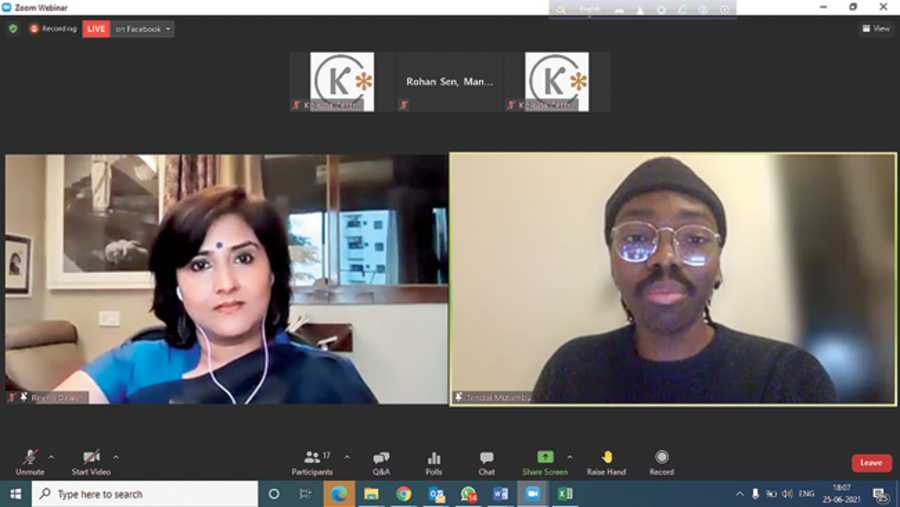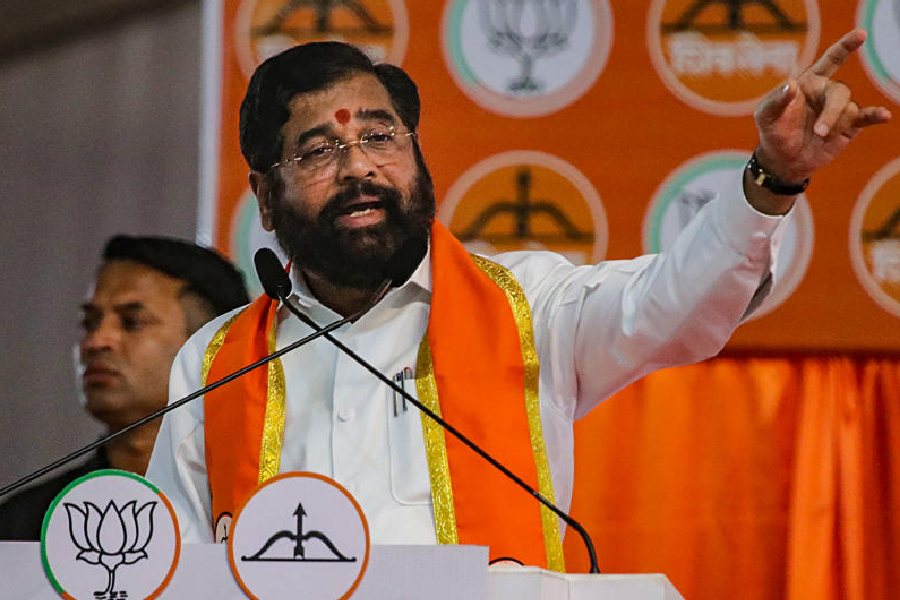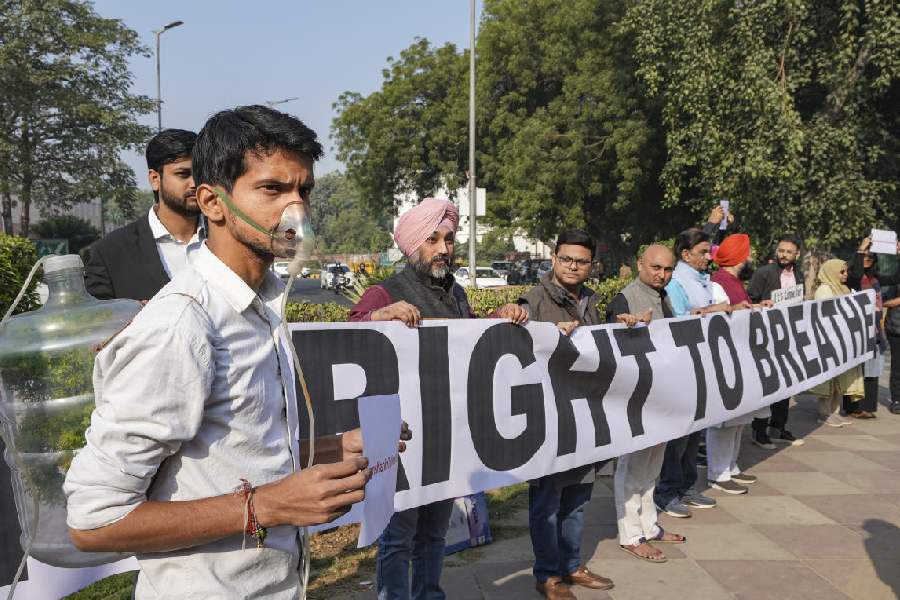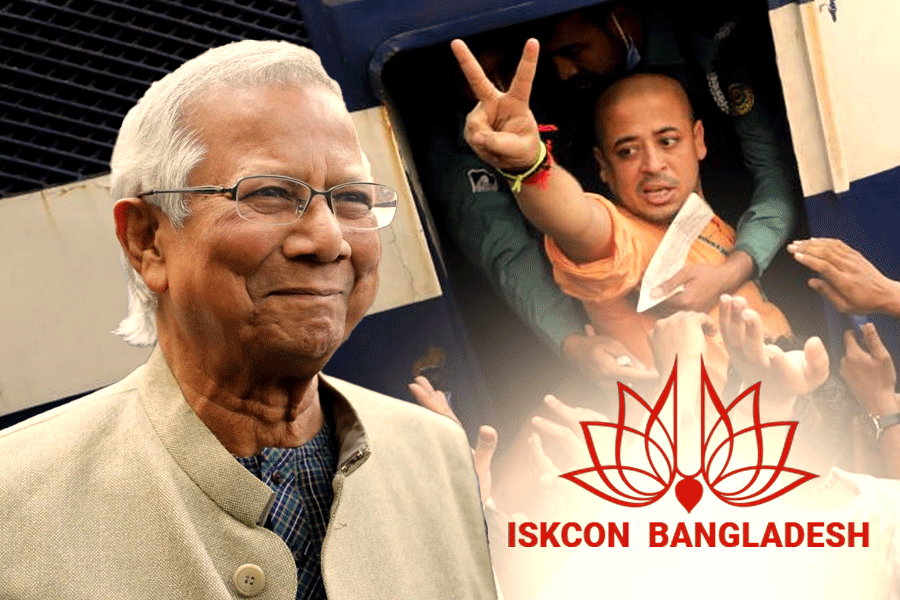Kolkata Centre for Creativity (KCC), in association with Sappho for Equality and supported by British Council, held a virtual series titled ‘Learn Togetherness, Beyond Binaries: Sensing Art through Queer Lensing’ from June 19 to 27. Held as an initiative under the KCC DEAI (an umbrella under which KCC works for diversity, equity, accessibility, and inclusion), the programme saw a virtual exhibition, performances, webinars and film screenings.
The virtual series was inaugurated by Reena Dewan, director, KCC; Debanjan Chakrabarti, director, east and north-east India, British Council; Sumita Bithi, member of Sappho for Equality; Paramita Chaudhuri, head of Arts, east and north-east India, British Council, and others.
Among the artistes exhibiting was Sreelakshmi, who spoke about owning a space to explore the breaking of boundaries, especially in classical or traditional dance forms like Mohiniyattam while Apurva Kothari thought that having her work (‘EVE and EVE’) on the KCC platform has provided validation and transformed it from ‘vulgar’ to ‘bold and beautiful’ in the eyes of her family and other people.
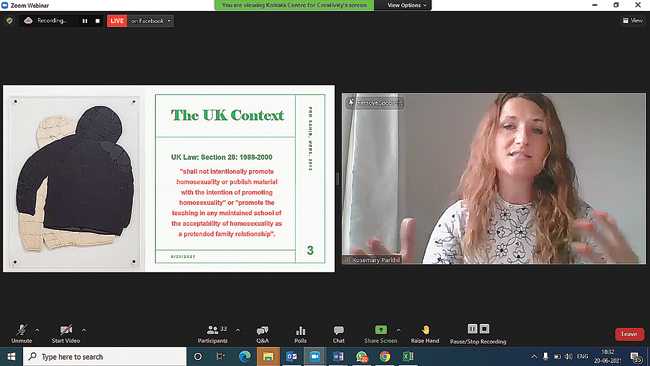
Gender-Sexuality in Art
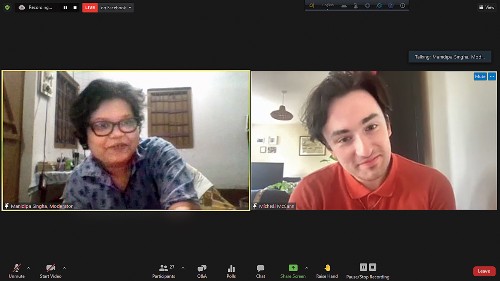
Gender-Sexuality in Poetry and Lyrics
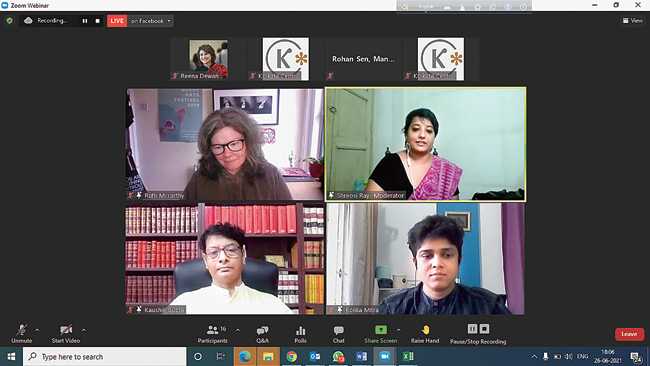
Gender-Sexuality in Policy Making
The webinar saw speakers discuss issues of gender and sexuality in art, poetry, lyrics, literature, schools and policy-making. The last of these sessions also saw a talk moderated by Reena with Tendai Mutambu, the New Zealand-based writer, editor and curator who curated the three films for ‘Radical Intimacies’, a film showcase that was also part of this extensive virtual series by KCC.
The series concluded on June 28 with the hope that ‘Learn Togetherness’ initiated important conversations and with Reena underscoring the importance of “initiating more dialogues to make the society a little more inclusive, a little more tolerant”.

